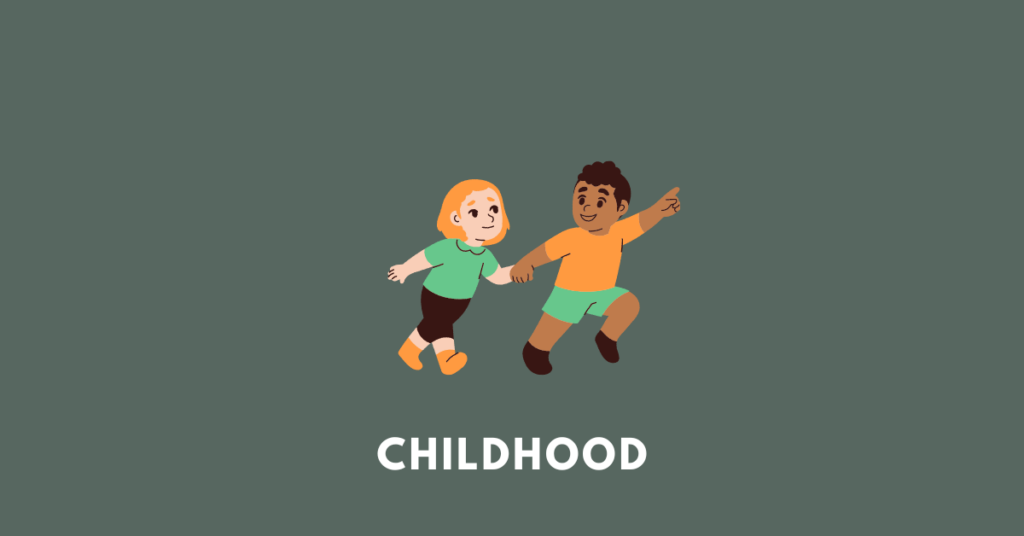Get here the summary, questions, answers, textbook solutions, extras, and pdf of the poem (Chapter 6) “Childhood” by Markus Natten of the Assam Board (AHSEC / SEBA) Class 11 (first year) English (Hornbill) textbook. However, the given notes/solutions should only be used for references and should be modified/changed according to needs.

Summary: The poet mourns the passing of his youth. During this period, he was convinced that both Heaven and Hell existed. His young mind accepted everything he was shown or told at face value. He believed that adults’ demonstrations of love matched the sincerity of their words when they preached their virtues. He had never considered the possibility of having genuine, original ideas and perspectives of his own.
But as he matured, he discovered that the world was not at all like he had imagined it to be as a kid. He estimates that he was around twelve years old when this change occurred. He realised that there was no proof for his claims. Both Heaven and Hell were unreal places of the imagination. A realisation hit him that the adult world is full of hypocrisy, where love is merely spoken about but rarely shown. He realised that everyone has their own unique mind, and he also became cognizant of his own capacity for thought and the ability to form ideas.
There was no telling where or when his childhood had vanished, but he had no explanation for it. The purity of an infant’s face is something that adults have long since forgotten.
Think it out.
2. What, according to the poem, is involved in the process of growing up?
Answer: There are many distinct phases of self-discovery and the examination of universal moral principles that comprise the process of maturation. Childhood’s purity and simplicity are replaced by adult scepticism and logic. Over time, one develops the ability to recognise the double standard at work in the adult world, where love is supposedly preached but hate is actually lived. A person’s awareness of his own rationality and decision-making abilities develops as he ages. No one else can control or influence his thoughts anymore. However, there is also a sense of sadness over growing up too fast.
3. What is the poet’s feeling towards childhood?
Answer: The poet laments the passing of innocence and childlike simplicity along with the passing of childhood. A child’s fear of words like “Heaven” and “Hell” was sufficient to prevent them from engaging in wrongdoing. He recognises, however, that maturation entails a progression of self-awareness. He longs for the simpler times of his childhood, which he believes have been forgotten.
4. Which do you think are the most poetic lines? Why?
Answer: The final lines, “It went to some forgotten place, That’s hidden in an infant’s face,” are the most beautiful in the poem. These words evoke strong feelings of longing and familiarity in the reader. It reminds us of a time in our lives that was simple and divine, but we’d long since forgotten.
Additional/extra questions and answers/solutions
1. Is the poet reminiscing about his childhood?
Answer: The poet, like many of us, laments the passing of childhood and questions the precise moment when they become adults.
Get notes of other chapters and subjects
Get notes of other classes and subjects


